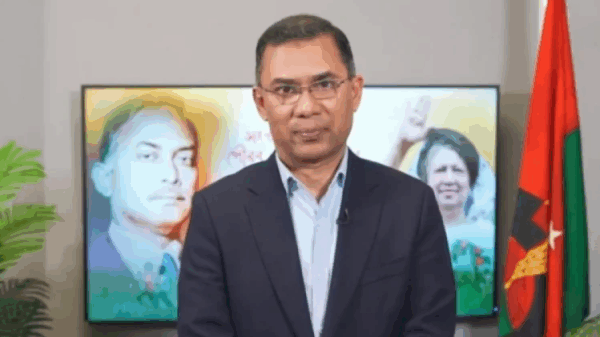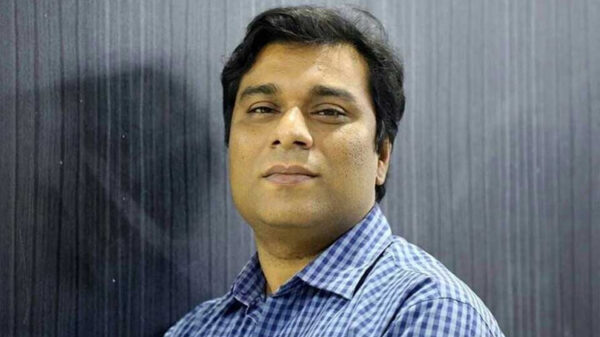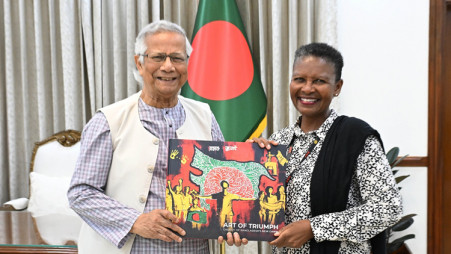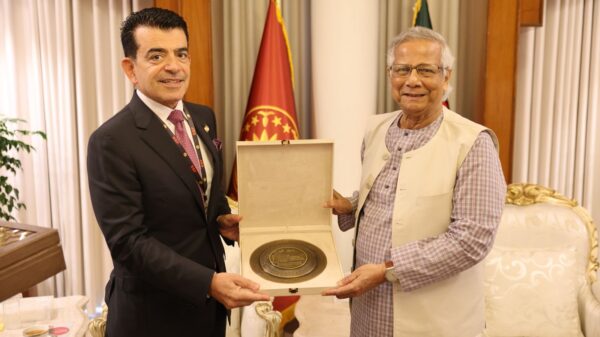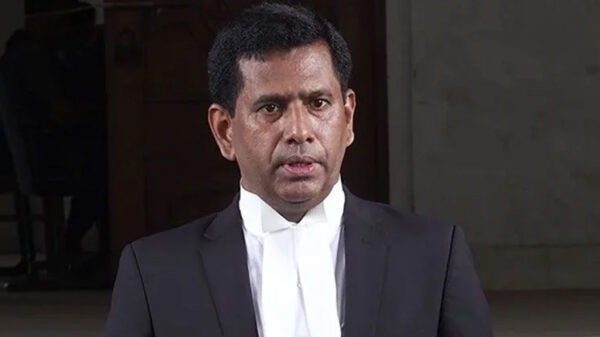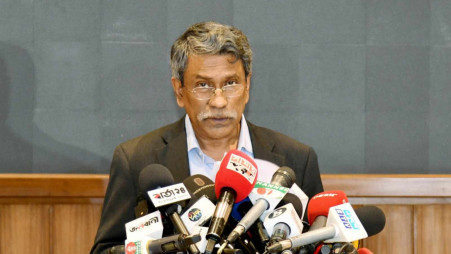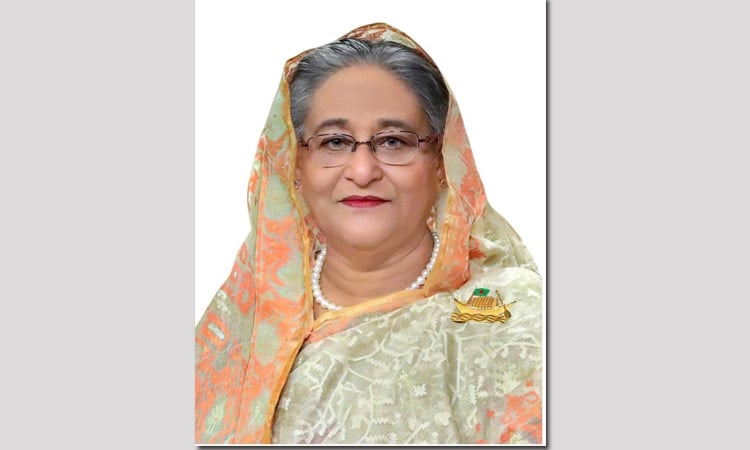Staff Reporter:
Prime Minister Sheikh Hasina yesterday extended her sincere greetings to the people of all languages and cultures of the world, including Bangla on the occasion of the great Martyrs’ Day and International Mother Language Day-2024.
“UNESCO and Bangladesh have been jointly celebrating this day with due dignity since 2000. I think this year’s theme of the day-‘Multilingual education: a pillar of learning and intergenerational learning,’ is worthwhile,” she said in a message on the eve of the day.
Noting that the importance of the language movement in the history of the Bengali liberation struggle is immense, the Premier said the foundation for a non-communal, democratic, language-based state system was laid through this movement.
“On this day in 1952, Abul Barkat, Abdul Jabbar, Abdus Salam, Rafiquddin Ahmad, Shafiur Rahman, and many others sacrificed their lives to protect the dignity of our mother language Bangla. I pay my profound respects to the memory of the martyrs of all languages, including Bangla; I with deep tribute, remember all the language movement activists, including the Greatest Bangalee of all time, the Father of the Nation Bangabandhu Sheikh Mujibur Rahman, whose supreme sacrifices and struggle elevated the esteem of our mother, land, and people,” she added.
Sheikh Hasina said the glorious history of the language movement of the Bangla from 1947 to 1952 is a source of inspiration in “our national life”.
The Father of the Nation was repeatedly imprisoned for leading the language movement, she said, add-ing at the Education Conference held in Karachi on November 27, 1947, Urdu was decided to be the state language of Pakistan.
When the news reached Dhaka, the students of Dhaka University immediately protested in front of Kha-waja Nazimuddin’s residence, the Prime Minister said, adding shortly afterward, Sheikh Mujib, a law student at Dhaka University, used his organizational experience to play a vital role in establishing the Chhatra League in Dhaka on January 4, 1948.
“In the first session of the Constituent Assembly on February 23, Dhirendranath Datta of Cumilla moved an amendment proposal demanding the inclusion of Bangla as the language of the Assembly,” she added.
Rejecting the proposal, Khawaja Nazimuddin declared in the Legislative Assembly that the people of East Bengal would have to accept Urdu as the state language, the Premier said, adding that to counter the reckless decision of Nazimuddin, an all-party Chhatra Sangram Parishad was formed on March 2 at Fazlul Haque Hall of Dhaka University comprising Chhatra League, Tamaddun Majlish, and other par-ties.
Many language movement activists, including Sheikh Mujib, were arrested in front of the Secretariat for leading the strike on March 11 and were released on March 15, she said.
“Bangabandhu Sheikh Mujibur Rahman led a rally under the historic mango tree at Dhaka University. On March 21, Jinnah spoke out boastfully in favour of Urdu at the Dhaka Racecourse Ground. While declaring Urdu as the state language of Pakistan at the students’ convocation on March 24 at Curzon Hall, the students immediately protested,” Sheikh Hasina added.
The Premier said to transform the language movement into a national campaign, Sheikh Mujib organised a nationwide tour plan and participated in an extensive campaign, and addressed rallies.
“He was arrested from Faridpur on September 11, 1948, and released on January 21, 1949. He was ar-rested again on April 19 and released in July. He was detained again on October 14, 1949, and released on February 27, 1952,” she said, adding that Sheikh Mujib had been in touch with language movement activists and Chhatra League leaders from January 1, 1950, while in Dhaka Central Jail and had given various suggestions to add momentum to the movement.


